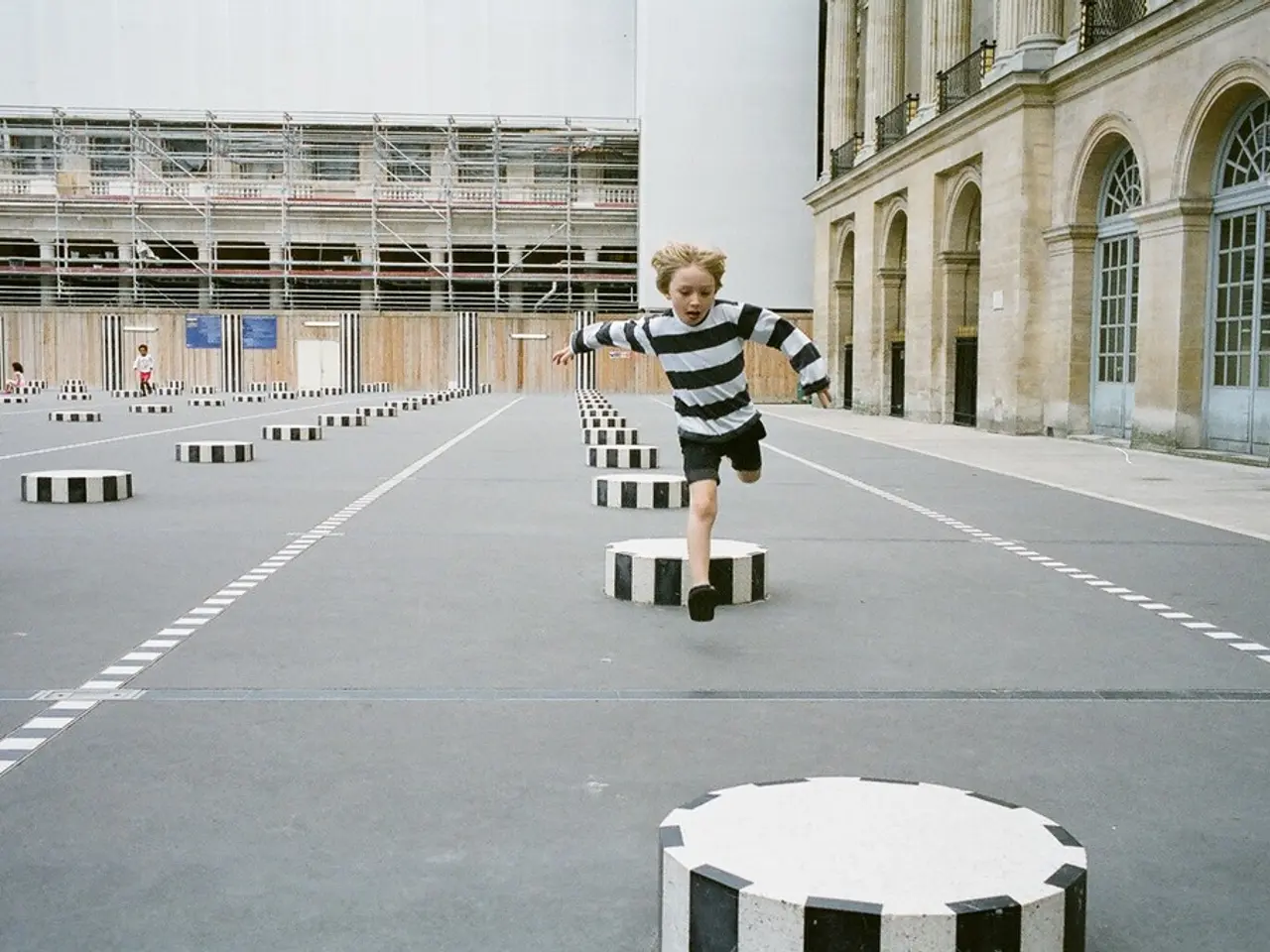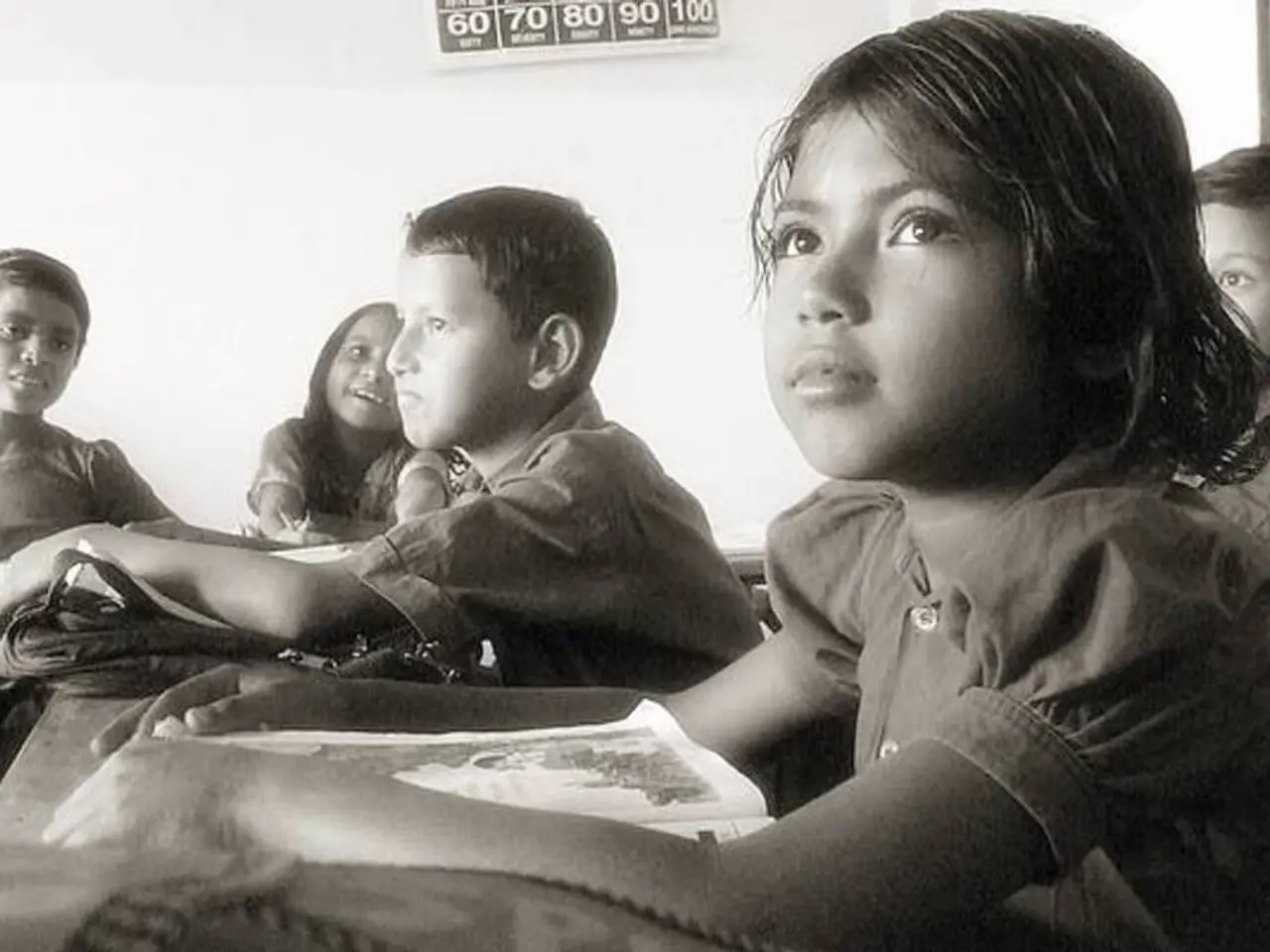Exploring the Power of Human Imagination and Its Potential Consequences When It Wanes
In a thought-provoking article, Dr. Gilbert Ross delves into the practical aspects of imagination, advocating for its acceptance and embracement in our modern society.
Imagination, a fundamental part of human beings, is more than just the power to create mental images. It is the power to make something out of them, having a practical dimension. It allows us to see things differently, beyond the limitations of our reality, and even to create our world into being.
Ancient healing arts attest to the central role of imagination, with visualization being a key tool for conditioning the subconscious mind and altering emotional imprints and bodily manifestations. The power of imagination has been instrumental in human advancement, driving us forward despite, not because of, logic and rational thinking.
However, the root of the devaluation of imagination lies in a global culture that has been leaning towards a patriarchal, logical, and rational-based society. Creativity, often seen as more the domain of the feminine in spiritual literature, is found to be more dominant in the right hemisphere of the brain in neuroscience.
Embracing imagination is essential for personal growth and maturity, allowing individuals to give space to themselves to grow and become complete, well-rounded individuals. It motivates individuals by creating a positive emotional response when goals are visualized and brought to life, and it is crucial in problem-solving, complementing logical and analytical thinking by envisioning outcomes and alternative possibilities.
Science has also progressed because of human imagination, with theories and discoveries being spurred by the use of the imagination and intuition. Imagination can even be used to create a template for action and a blueprint to follow, thus playing a significant role in creating one's destiny.
Unfortunately, the education system is believed to have a significant role in subverting creative sides, focusing on academic thinking rather than teaching how to think better or use creative imagination in extraordinary ways. Some believe that the loss of using our creative imagination is an unavoidable consequence due to the cyclic change of the ages, and we are heading back to an age where our creative and imaginative side will be embraced once again.
The decline of imagination in developed societies is historically linked to processes of social consolidation, economic centralization, and changing intellectual priorities, which tend to favor frugality and capital accumulation over imaginative and artistic expression. This decline has manifested across various domains, including art, science, and problem-solving, where conformity, efficiency, and economic imperatives often overshadow creative and visionary thought.
From a socio-historical perspective, such declines are often cyclical. They contrast with "crisis" periods where communities unify around purpose, potentially revitalizing collective creativity and imagination. Intellectual and spiritual production is deeply affected by social structures and class interests, with dominant social orders shaping modes of thought and creativity.
In conclusion, historical economic and social consolidation, cultural decadence, cyclical social shifts, and class-based intellectual structures have contributed to a general decline in imagination in developed societies, profoundly influencing art, science, and problem-solving by favoring conformity, efficiency, and economic imperatives over creative and visionary thought. As we move forward, it is crucial to re-embrace our imaginative potential and foster an environment that nurtures creativity and visionary thinking.
[1] Adams, Brooks. The Law of Civilization and Decay. 1895. [2] Various philosophical critiques on cultural decadence. [3] Strauss, William, and Howe, Neil. Generations. 1991. [4] Historical materialism and its influence on modes of thought and creativity.
- Incorporating the imaginative power into education-and-self-development programs, especially those focusing on personal-growth, can help society rightfully appreciate the healing potential that the matrix of our thoughts presents in shaping our ether, our lives.
- Engaging in lifestyle practices that promote visualization, such as meditation and mindfulness, draws upon the ancient healing arts, demonstrating the utility of the imagination in fostering a holistic approach towards personal development.
- By embracing the impact of imagination on every facet of our lives, including art, science, and problem-solving, we can embark on a journey of rejuvenating our intellectual and spiritual production, advocating for a balanced existence encompassing both left and right hemisphere thinking, promoting a society steeped in personal-growth, creativity, and visionary thinking.




